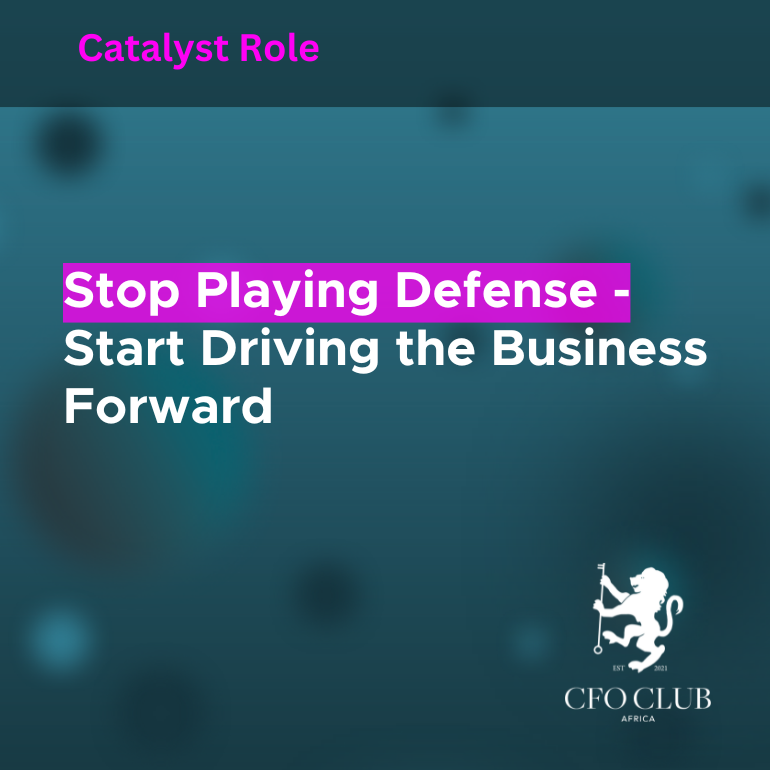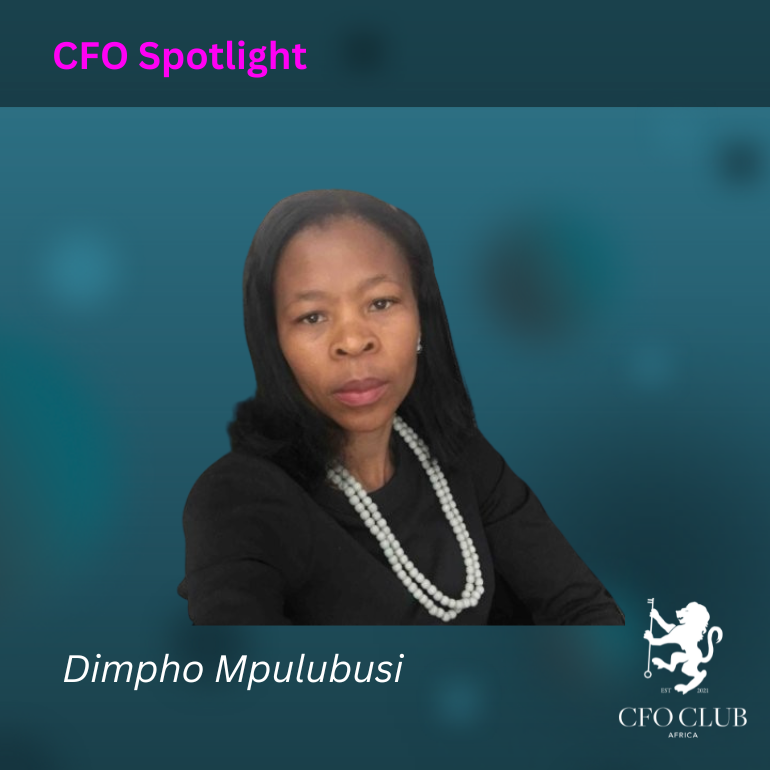Before You Forecast the Future, Figure Out Who You Are!
Before You Forecast the Future, Figure Out Who You Are!
The CFO is not just the gatekeeper of financial data. They are the driver of strategy, the guardian of governance, and the voice of reason when the business wants to leap without a plan. In this high-stakes space, your technical expertise will get you a seat at the table. But it is your self-awareness, your ability to understand and lead yourself, that keeps you there and earns you influence beyond the numbers.
Building a personal leadership philosophy is one of the most powerful things you can do as a CFO. This is not about motivational posters or empty catchphrases. It is about knowing who you are, what you stand for, and how you lead, especially when the pressure is on.
Why Self-Awareness Is Your Most Strategic Asset
Most CFOs operate in environments where the margin for error is shrinking. Stakeholders expect financial clarity, strategic insight, and calm confidence. If you do not have a clear internal compass, you will default to reacting instead of leading. Self-awareness helps you avoid misjudging a situation, overreacting to a board challenge, or shutting down uncomfortable truths from your team.
Put simply, when you are self-aware, you are not only reading the numbers. You are reading the room.
This directly translates into better decisions, stronger communication, and greater trust from everyone around you.
Your Leadership Philosophy Is Not for Show, It Is for Survival
Your personal leadership philosophy is your rulebook. It helps you stay grounded when the CEO questions your forecast, when a compliance issue lands on your desk, or when your team misses the mark. Without it, you risk showing up inconsistently, and that chips away at your credibility.
A good leadership philosophy answers questions like:
- What do I believe great leadership looks like?
- What do I value more than performance metrics?
- How do I respond under stress, and what do I need to watch out for?
- What do people get when they work with me?
You do not need a formal framework. You need clarity and honesty.
Building It Starts with You
Here is how to create a leadership philosophy that actually means something and works when the pressure hits.
- Know your patterns
Look back at high-pressure moments. When did you lead well? When did you struggle? These moments are more instructive than any personality test. What do they tell you about your strengths and your blind spots? - Articulate your values
Write down three values you will not compromise. Maybe it is clarity. Maybe it is accountability. Maybe it is fairness. These values help you make decisions when the numbers do not give you a clear answer. - Get honest feedback
Ask people you trust, “What is it like to be led by me?” The answers might sting, but they will unlock your next level of leadership. This step is crucial. - Use your own words
Write your leadership philosophy in a way that sounds like you. Avoid corporate jargon. This is not for a board pack. It is for you. - Revisit it regularly
The CFO you are in a high-growth startup is not the same as the one leading a listed company through a downturn. Let your philosophy grow with you.
What It Looks Like in Practice
Here is how a self-aware CFO might lead differently:
- When results disappoint, they do not blame. They take responsibility and look for lessons.
- When risk flags appear, they do not ignore them. They surface them early and plan around them.
- When short-term wins are tempting, they prioritise long-term sustainability.
Your leadership philosophy is not something that lives on a slide. It lives in your tone during meetings, in how you handle pressure, and in how you treat people when things go wrong.
Leading the Finance Team with Intent
When you lead yourself well, you lead others better. A CFO with a clear leadership philosophy brings:
- Stability. The team knows what to expect from you even in uncertain times.
- Trust. You show up consistently, which creates psychological safety.
- High standards. You hold yourself accountable, which encourages others to do the same.
This is how high-performing finance teams are built. Not through policy, but through example.
The Competitive Edge
CFOs who lead with self-awareness and clear intent are more than financial executives. They are business partners, culture drivers, and strategic guides. They earn trust not just because they understand the numbers, but because they understand the people reading them.
In a world where volatility is constant and finance is expected to lead the way, that kind of leadership is not optional. It is essential.
Final Word
Building a personal leadership philosophy rooted in self-awareness is not a once-off exercise. It is a practice. But the payoff is real: better decisions, deeper trust, and stronger influence. And for CFOs who want to lead beyond the spreadsheet, it is one of the smartest investments you can make.
So take the time. Reflect. Ask the difficult questions. Write your own philosophy, and lead with intent.





